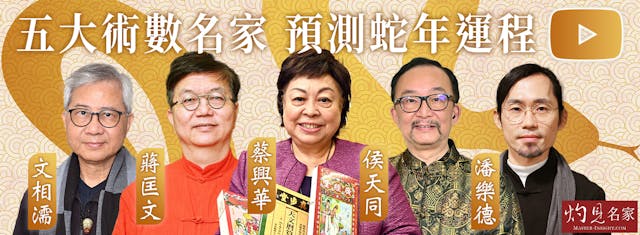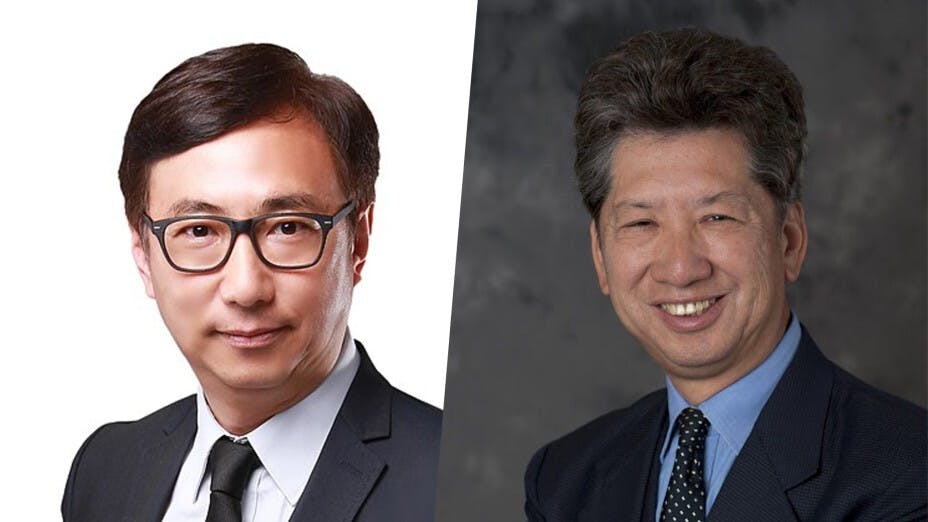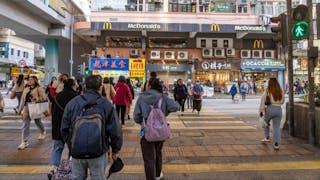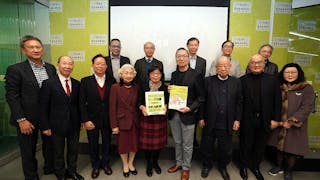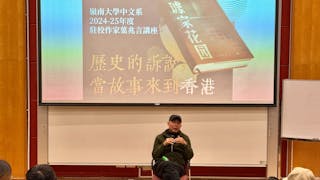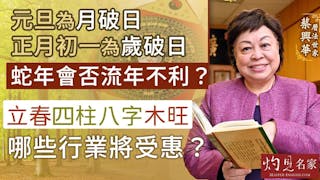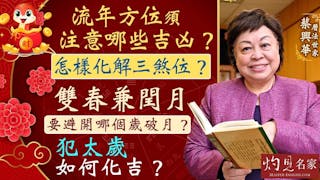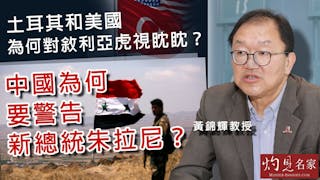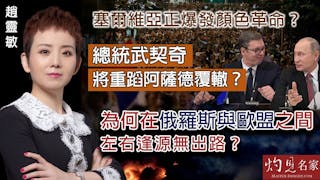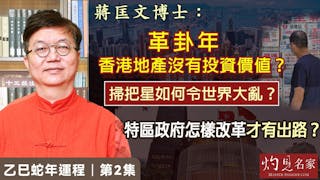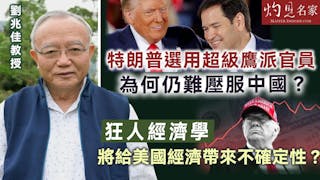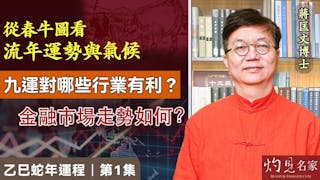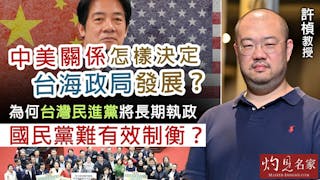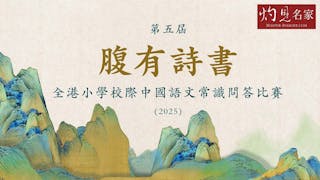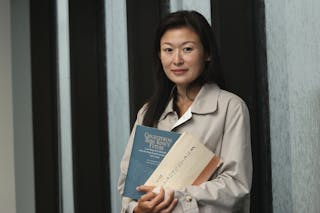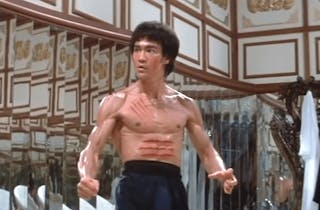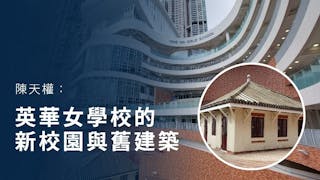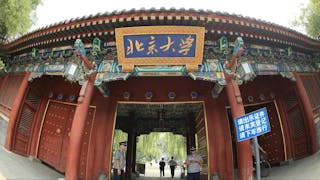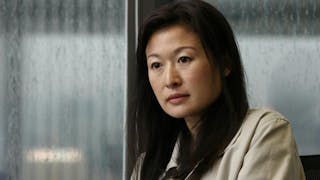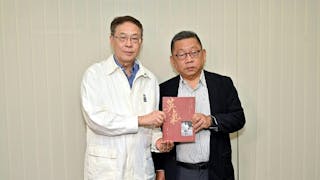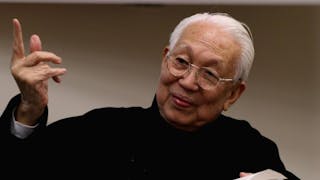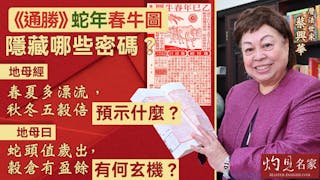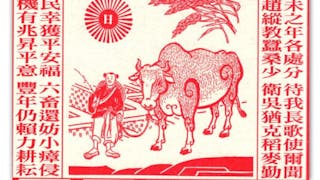10月22日,以湯家驊為首的民主思路與狄志遠為首的新思維宣布組成聯合陣營,推介互相支持參加12月立法會選舉的人選,此舉具有政治意義,標誌着一些溫和民主派在特區政治中扮演「忠誠反對派」的角色走出第一步。
提出四大綱領 冀保持香港特色
根據民主思路和新思維發布的「四大綱領」,雙方都強調維護一國兩制,為跨越2047年塑造有利條件,並尋求在中國主權下,繼續保持香港現有的生活模式和特色。
此外,雙方都肯定中國對香港的主權,以及香港不能成為破壞或威脅國家安全的地方。兩個組織還表示,願意和中央政府、特區政府、不同政黨及政治團體、各個界別及香港市民共同合作和對話,推動一國兩制下的民主政制,尋求為普選創造條件。
最後,雙方強調要提升管治素質,落實官員問責;問責官員應該有施政綱領及指標,並定期向市民交待,聽取民意。
協調出選立法會 確保不會「撞區」
在選舉政治方面,湯家驊表示,民主思路有4至5人有意參加立法會選舉,理事會將於近日就是否推薦作出決定。 此外,將會透過與新思維協調的方式,推介雙方支持的候選人,確保不會「撞區」。同時,新思維則將派出3人參加選舉,除了可能會參選立法會社福界功能組別的狄志遠外,成員崔定邦將參選九龍中直選議席,副主席黃俊瑯則會參選九龍西直選議席。
當被問及會否爭取親民主派的選民時,湯家驊表示,他們會尋求所有香港市民的支持,而非個別人士人或團體。他預計12月立法會選舉的投票率低的可能性大,原因是傳統民主派不參選,其支持者可能會覺得參與選舉 「沒意思」。 不過,他補充說,過去沒有投票的選民,可能因為民主思路和新思維參選而考慮投票。
狄志遠補充說,湯家驊和他幾年前都分別退了黨,至今一直保持溝通。兩人的「根」都在民主派,追求民主是他們的政治理念,對政府的監察會「相對嚴厲」。 他又表示,兩人堅持走第三路線,希望共同合作可挽回市民對未來立法會平衡、監察政府的信心,從而願意積極投票。
至於同屬1500名選舉委員會成員的兩人如何協調選委票?狄志遠指出,兩個組織的選委票技術上作用輕微。他又指今次選舉是最困難的一次,但認為不應對非建制陣營的選情「太悲觀」。
被問及會否主動接觸民主民生協進會或馮檢基等非建制派時,狄志遠表示,歡迎認同「四大綱領」的人合作。他們不排除與第三路線、有相近看法的人士合作的可能性。 馮檢基則對傳媒表示,在是否參加立法會選舉的問題上,他「永不說不」。
湯家驊以下列方式總結了兩個組織的主要政治信念:「我們也認為,通過維護和尊重(香港)憲制秩序,可以在憲制秩序和港人核心價值之間取得適當的平衡。」他補充說:「我認為任何人說我們是接近建制派或接近泛民主派,都沒有太大意義,我們只是不同。」
組成第三股力量 吸引中間選民
民主思路和新思維共同提出「四大綱領」並參加12月立法會選舉,有以下幾方面的重要政治意義:
首先,在2020年6月下旬《香港國安法》頒布後,香港歷史上首次有溫和派民主派站出來宣傳自己的綱領,表達了積極參加2020年12月立法會選舉的決心。不管他們的參與結果如何,他們已經成為代表溫和民主陣營的第三股力量,這種力量應該得到建制派甚至中央政府的正面認可。
其次,部分溫和民主人士的參與,可能對提振溫和派選民在12月立法會選舉中投票產生積極影響。正如湯家驊所言,這兩個組織可能會吸引那些傾向溫和民主路線但過去沒有投票的選民,或者過去幾年對激進民主派不滿的選民。
第三,溫和民主派的成功取決於選民的投票率。選民投票率愈高,溫和民主派就愈成功;低投票率很可能會降低溫和派民主人士參加立法會直接選舉的成功機會。
第四,無論有多少溫和民主派人士當選立法會議員,畢竟是極少數,必須與立法會內的其他黨派或派別結成策略聯盟,這將比2020年12月之前的情況要和諧得多。
第五,民主思路和新思維發布的「四大綱領」具有政治意義,因為它在長期追求香港普選和維護中央政府對國家安全的需要之間取得了平衡。
第六,「四大網領」尋求落實官員問責。中聯辦官員最近落區會見普通市民的舉動,確實給問責官員增添了壓力,要求他們仿傚和實行,即官員應該先聽取市民意見,然後再向他們提出政策反饋。如此,特區政府的主要官員最好堅持這一重要的「民主集中制」原則。
強調對話溝通 區別激進民主派
第七,強調與其他政治團體、中央和特區政府對話,是民主思路與新思維結盟的標誌,區別於以前的主流和激進民主派,後者經常拒絕與中央和特區政府進行建設性對話。在香港艱難的政治發展道路上,對話和溝通將會而且能夠加強互信。
總而言之,民主思路與新思維的結盟,可以看作是香港政治格局中實證主義的一個組成部分,在《香港國安法》頒布後不久就出現了悲觀情緒。對香港的溫和民主派來說,《香港國安法》的頒布是必要和必然的,他們積極參與選舉的態度確實為香港特區普遍存在的悲觀氣氛注入了希望。
儘管「愛國」傳媒似乎淡化了兩個組織的結盟及其政治網領,但香港政治發展的第三條新路或許已經開始。這第三條道路是否會持續和發展,不僅取決於許多政治文化受到城市政治發展負面影響的普通市民的反應,也取決於其他親建制精英和利益相關者的反應,他們最好伸出雙手,在特區的政治格局中擁抱溫和民主派人士。
Political Positivism and Participation of Moderate Democrats in Hong Kong Elections
A public announcement made by the Path of Democracy led by Ronny Tong and the Third Side led by Tik Chi-yuen on October 22 to form an alliance to nominate candidates running in the December Legislative Council (LegCo) elections was politically significant, because it signaled the first move by some moderate democrats to play the role of a loyal opposition in the politics of the Hong Kong Special Administrative Region (HKSAR).
According to a four-point platform released by the Path of Democracy and the Third Side, both groups vow to protect the “one country, two systems” in the HKSAR beyond 2047 and to seek to maintain the existing lifestyle and features of Hong Kong under Chinese sovereignty. Moreover, both groups affirm the Chinese sovereignty over Hong Kong and the need to protect national security in the HKSAR. The two political groups also promote democratic politics and seek to create the conditions for universal suffrage through cooperation and dialogue with different political parties and groups, the central government in Beijing and the HKSAR government. Democratic system is to be promoted in the city under the “one country, two systems.” Finally, the two groups seek to elevate the standard of governance and implement the principal officials’ accountability system in which principal officials should have their platform and indicators of their policy portfolios to be regularly held accountable to ordinary citizens (Ming Pao, October 23, 2021).
In the realm of electoral politics, Ronny Tong said that the Path of Democracy intends to nominate four to five candidates to participate in LegCo elections – a decision that would be made by its Board of Directors soon. Furthermore, through coordination with the Third Side, the Path of Democracy would not have its members competing in the same constituencies in LegCo elections. At the same time, the Third Side would have three members participating in the elections. Apart from Tik Chi-yuen who would likely run in the social welfare sector, Chui Ting-bong would participate in the Kowloon East constituency and Wong Chun-long in the Kowloon West constituency.
When asked whether the two groups would target at the pro-democracy voters, Tong remarked that they would seek the support from all the citizens of Hong Kong rather than individuals and groups. He predicted that the voting turnout in December would likely be low because the traditional democrats would not participate in the elections. As such, the supporters of traditional democratic camp would, according to Tong, feel that the elections would “not be meaningful.” However, he added that the voters who did not vote in the past may consider voting because of the electoral participation of the Path of Democracy and the Third Way.
Tik Chi-yuen added that both Tong and he withdrew from party politics several years ago, and that they have kept communicating with each other. Their “root” is based on the democratic camp with the political ideal of pursuing democracy and the objective of scrutinizing the government “relatively severely.” Both, according to Tik, insist on the path of pursuing the third way, trying to get back voters’ confidence in not only the LegCo’s balance but also the supervision over the government. In this way, Tik hopes that citizens would be willing to cast their ballots. When asked on how the two groups coordinate in the elections through the 1,500-member Election Committee, Tik remarked that the “technical function” of the two groups remains weak and that the forthcoming election would be “the most difficult one.” Yet, Tik believes that the electoral situation for the non-establishment camp should not be “too pessimistic.”
When asked whether the two groups may cooperate with the Association for Democracy and People’s Livelihood and with Frederick Fung, Tik said that they would cooperate with those people who accept the four points in the political platform shared by the Path of Democracy and the Third Way. They would not exclude the possibility of collaborating with moderate democrats who share their political platform and ideals. Frederick Fung told the media that he would “never say never” on the question whether he would participate in LegCo elections.
Ronny Tong summed up the main political belief of the two groups in the following way: “We also believe that by preserving and respecting the constitutional order [of Hong Kong], it is possible to strike a right balance between the constitutional order and the core values and freedoms of the people (Radio Television Hong Kong, October 22, 2021).” He added: “I think it would not be too meaningful for anyone to try to say whether we are closer to the pro-government parties or we are closer to the pan-democrats. We are simply different.”
The joint efforts by the Path of Democracy and the Third Way to come up with the four-point platform and to run in the December LegCo elections are politically significant in several aspects.
First and foremost, for the first time in Hong Kong’s historical development after the promulgation of the national security law in late June 2020, the moderate democrats came out to publicize their platform and expressed their positive determination to participate in the December 2020 LegCo elections. Regardless of their participatory results, they have become the third force representing the moderate democratic camp, a force that should be recognized positively from the pro-establishment camp, if not necessarily the central authorities.
Second, the participation of some moderate democrats may have a positive impact on the reinvigoration of moderate voters to cast their ballots in the December LegCo elections. As Tong mentioned, the two groups might attract those moderate democratically inclined voters who did not vote in the past, or who were unhappy with the radical democrats in the past few years.
Third, the success of the moderate democrats depends on the voter turnout. The higher the voter turnout, the more successful the moderate democrats. Low voter turnout would very likely reduce the chance of success of the moderate democrats who participate in the direct elections of the LegCo.
Fourth, no matter how many moderate democrats would be elected to the LegCo, they would be a tiny minority which would have to make strategic coalition and alliance with other factions or cliques within the legislature, which has become far more harmonious than the situation before December 2020.
Fifth, the four-point political platform released by the Path of Democracy and the Third Way is politically significant, for it does strike a balance between the long-term quest for universal suffrage and the need to protect the national security of the central government in the HKSAR.
Sixth, the platform seeks to enhance the accountability of principal officials, who would be expected to come up with their platform, or performance pledge as witnessed in the last years of the British colonial administration. In recent years, most principal officials appointed by the Chief Executive and approved by the central authorities have perhaps neglected the importance of going down to listen to the views of ordinary citizens at the grassroots level. The recent moves by the Liaison Office’s officials to go down to the streets to meet ordinary citizens did exert some pressure on the principal officials to follow suit. So far, however, many principal officials have not reached out to the grassroots level extensively. If mainland Chinese politics are characterized by the concept and practice of mass line, meaning that officials should go to listen to the views of the masses first and then provide policy feedback to them, then the principal officials in the HKSAR should ideally adhere to this important principle of “democratic centralism.”
Seventh, the emphasis on dialogue with other political groups, the central authorities and the HKSAR government is a hallmark that distinguishes the alliance between the Path of Democracy and the Third Way from the previously mainstream and radical democrats, who often refused and rejected constructive dialogue with the central authorities and the HKSAR government. Dialogue and communications can and will enhance trust-building in the difficult path of development in Hong Kong politics.
In short, the alliance between the Path of Democracy and the Third Way can be regarded as an ingredient of positivism in Hong Kong’s political landscape, which has been marked by pessimism shortly after the promulgation of the national security law. For the moderate democrats in Hong Kong, the promulgation of the national security law was necessary and inevitable and their positive attitude toward electoral participation does inject an element of hope in the pervasively pessimistic atmosphere of the HKSAR. Although the “patriotic” mass media have seemingly played down the alliance’s formation and its political platform, a new third way in the development of Hong Kong politics has perhaps begun. Whether this third way would persist and grow will depend much on not only the responses from many ordinary citizens, whose political culture has been negatively affected by the city’s political development, but also other pro-establishment elites and stakeholders, who should ideally reach out to embrace the moderate democrats in the political landscape of the HKSAR.
原刊於澳門新聞通訊社(MNA)網站,本社獲作者授權轉載。



